About down syndrome
Down syndrome is a genetic disorder caused when abnormal cell division results in an extra full or partial copy of chromosome 21. This extra genetic material causes the developmental changes and physical features of Down syndrome.
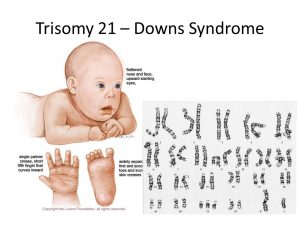
Source:http://www.khmer-cps.com/
Down syndrome varies in severity among individuals, causing lifelong intellectual disability and developmental delays. It's the most common genetic chromosomal disorder and cause of learning disabilities in children. It also commonly causes other medical abnormalities, including heart and gastrointestinal disorders.
Symptoms
Each person with Down syndrome is an individual — intellectual and developmental problems may be mild, moderate or severe. Some people are healthy while others have significant health problems such as serious heart defects.
Children and adults with Down syndrome have distinct facial features. Though not all people with Down syndrome have the same features, some of the more common features include:
🔹 Flattened face
🔹 Small head
🔹 Short neck
🔹 Protruding tongue
🔹 Upward slanting eye lids (palpebral fissures)
🔹 Unusually shaped or small ears
🔹 Poor muscle tone
🔹 Broad, short hands with a single crease in the palm
🔹 Relatively short fingers and small hands and feet
🔹 Excessive flexibility
🔹Tiny white spots on the colored part (iris) of the eye called Brushfield's spots
🔹 Short height

Source:http://www.khmer-cps.com/
Diagnosis
The American College of Obstetricians and Gynecologists recommends offering the option of screening tests and diagnostic tests for Down syndrome to all pregnant women, regardless of age.
✅ Screening tests can indicate the likelihood or chances that a mother is carrying a baby with Down syndrome. But these tests can't tell for sure or diagnose whether the baby has Down syndrome. Screening for Down syndrome is offered as a routine part of prenatal care. Although screening tests can only identify your risk of carrying a baby with Down syndrome, they can help you make decisions about more-specific diagnostic tests.
✅ Diagnostic tests can identify or diagnose whether your baby has Down syndrome.If your screening test results are positive or worrisome, or you're at high risk of having a baby with Down syndrome, you might consider more testing to confirm the diagnosis.

Source: iStock / Eleonora_os
Diagnostic tests that can identify Down syndrome
➰ Chorionic villus sampling (CVS). In CVS, cells are taken from the placenta and used to analyze the fetal chromosomes. This test is typically performed in the first trimester, between 10 and 13 weeks of pregnancy. The risk of pregnancy loss (miscarriage) from a CVS is very low.
➰ Amniocentesis. A sample of the amniotic fluid surrounding the fetus is withdrawn through a needle inserted into the mother's uterus. This sample is then used to analyze the chromosomes of the fetus. Doctors usually perform this test in the second trimester, after 15 weeks of pregnancy. This test also carries a very low risk of miscarriage.
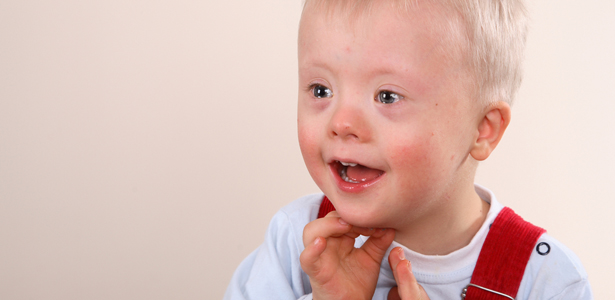
Source:Shutterstock
Diagnostic tests for newborns
After birth, the initial diagnosis of Down syndrome is often based on the baby's appearance. But the features associated with Down syndrome can be found in babies without Down syndrome, so doctor will likely order a test called a chromosomal karyotype to confirm diagnosis. Using a sample of blood, this test analyzes your child's chromosomes. If there's an extra chromosome 21 in all or some cells, the diagnosis is Down syndrome.
Diagnosis helper: RT-i1000
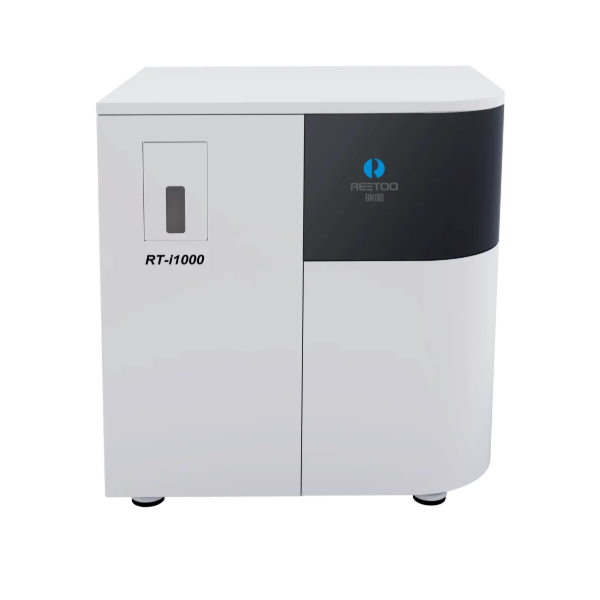
(Automatic Chromosome Micrography Scanning System)
Reetoo RT-i1000 fully automatic chromosome micrography scanning system based on AI-Driven DeepCell engine can automatically segment, count and pair chromosomes that are crossed, adhered, and overlapped, and identify abnormal chromosomes. The operation is simple and easy, which greatly satisfies the clinical needs and improves the examiners’ work efficiency. This all-in-one machine can intelligently complete chromosome karyotype scanning and analysis, better help you safeguard baby’s health !!
Key features:
🔹 Scanning speed ≤ 6 min / 100karyotypes;
🔹Fully automatic whole slide scanning and karyotype analysis, eamless connection of karyotype analysis;
🔹Fully intelligent segmentation of chromosome arrangement, the accuracy rate is higher than 90%;
🔹Intelligent recognition of various cell karyotypes based on AI DeepCell engine;
🔹Intelligently segment, count and pair chromosomes that are crossed, adhered, and overlapped, and automatically identify abnormal chromosomes;
🔹Support chromosomes to perform operations such as inversion, rotation, straightening and color smear recognition;
🔹High-capacity slide bin, which automatically loads sample slides and supports 120 samples for simultaneous test;
🔹High-quality optical imaging system, realizing automatic XY-axis scanning and automatic Z-axis focusing;
🔹Electric switching between 10X objective lens and 100X oil lens;
🔹Automatically add high-quality lens oil, no need to manually wipe the oil lens;
🔹Support 7*24-hour uninterrupted operation;
🔹Support code scanning by barcode scanner and generates barcode number;
Love doesn't count chromosomes! Let's pay more attention to birth's health.












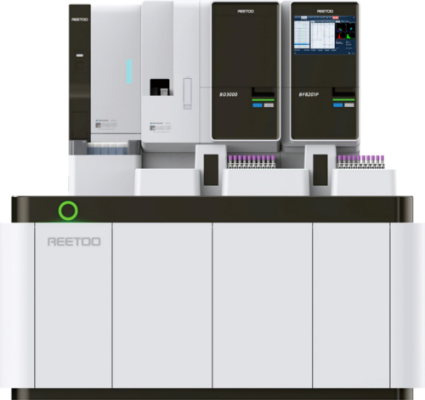
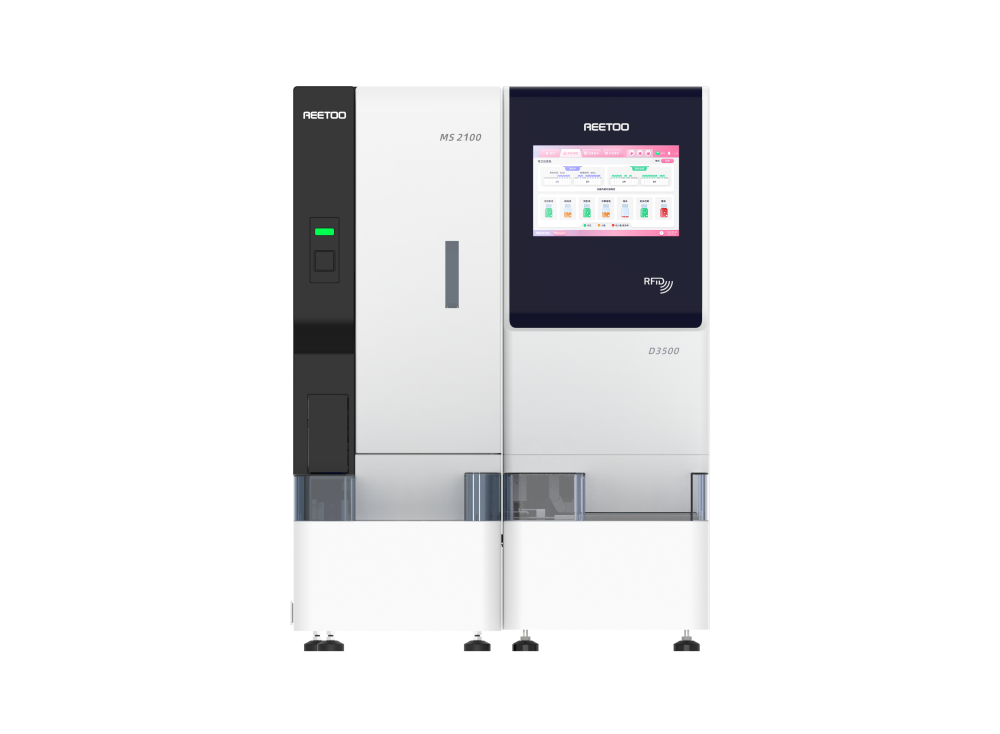
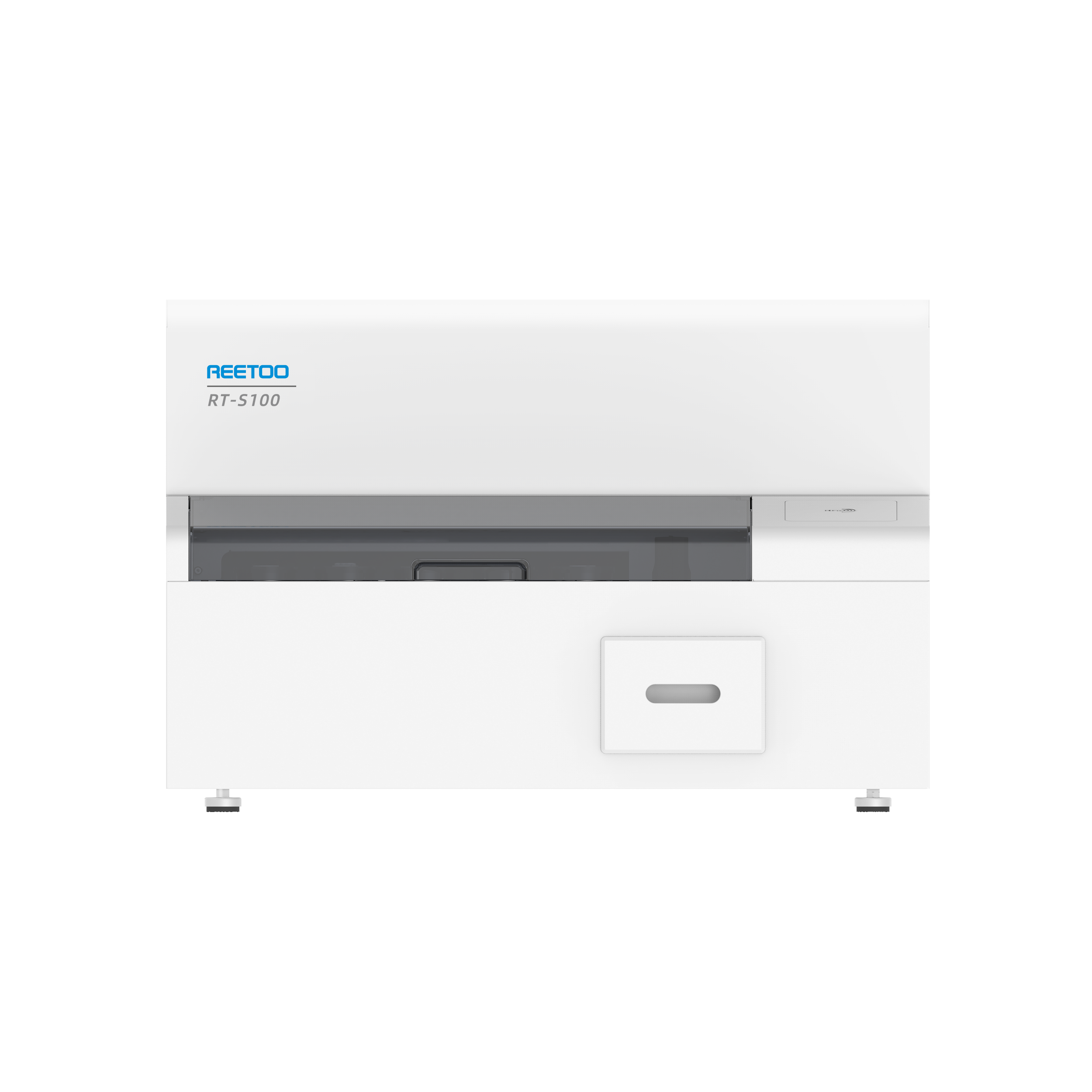
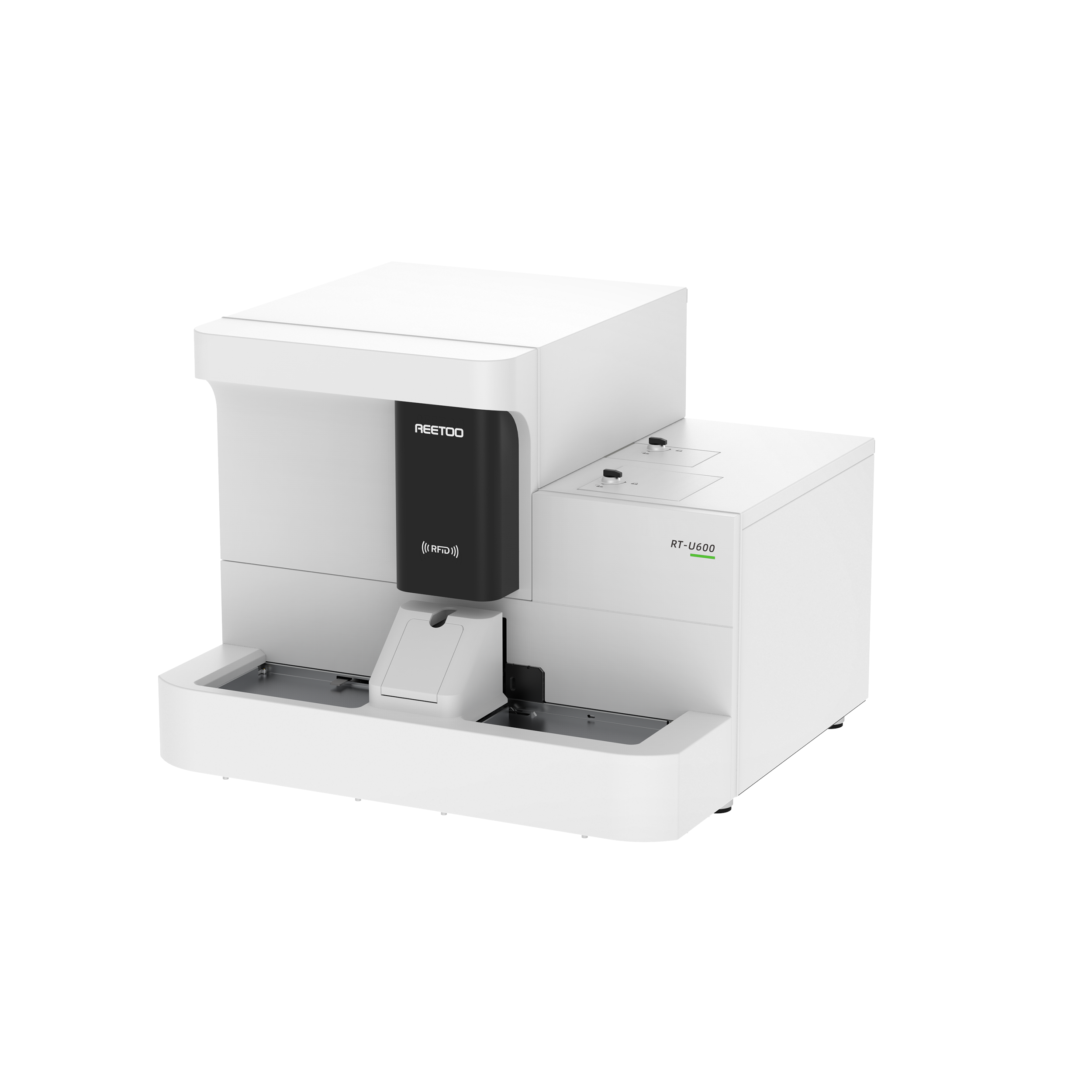
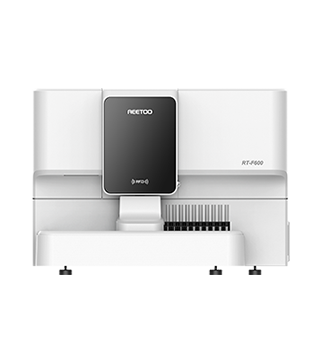
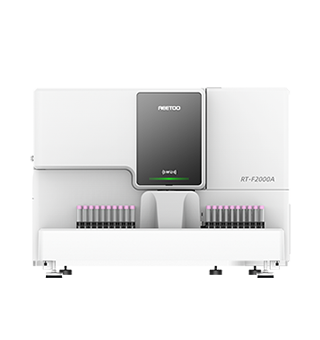


 粤公网安备44030002003406
粤公网安备44030002003406